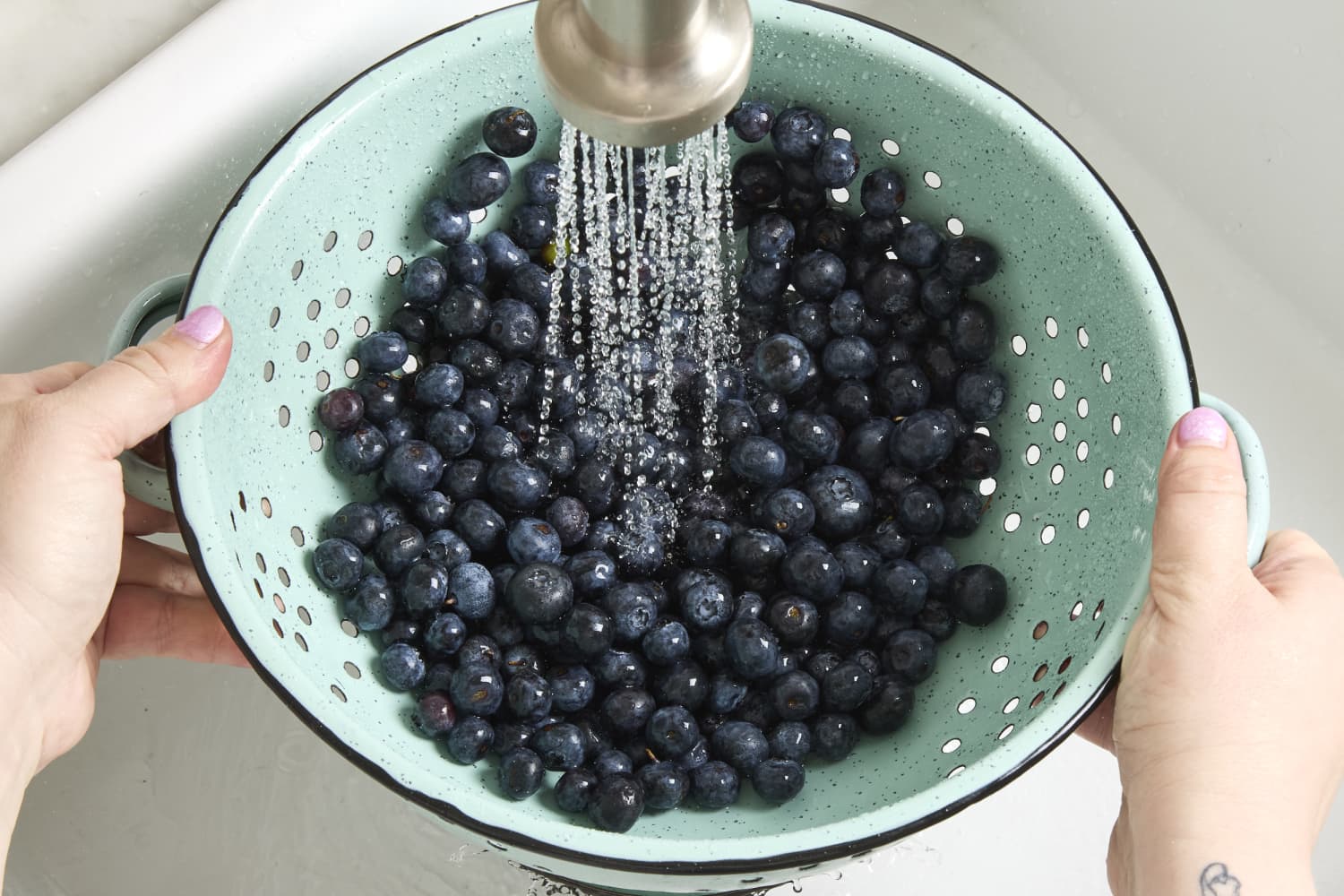
"It's summertime which means a lot of our favorite produce is in season. When it comes to cleaning your fresh fruit, there are so many methods, oftentimes conflicting with one another. There's the vinegar and water method, the vinegar and baking soda and water method, and even specialty products sold specifically for washing fruits and vegetables. But which one is the best?"
"In a study published by theJournal of Agricultural and Food Chemistry, it was determined that between 96% and 99% of pesticides were removed from fruits and veggies soaked in a solution of baking soda and water for anywhere from 12 to 15 minutes. After soaking, all you have to do is rinse it with clean water, and it's nearly chemical and pesticide free. That also includes common residues that are frequently found on produce."
Many methods exist for cleaning fresh fruit, including vinegar-and-water, vinegar-and-baking-soda mixtures, and commercial produce washes. A study in the Journal of Agricultural and Food Chemistry found that soaking fruits and vegetables in a baking soda and water solution for 12 to 15 minutes removed 96% to 99% of pesticides. Rinsing with clean water after soaking leaves produce nearly free of chemical and pesticide residues, including common surface residues. Baking soda's alkalinity helps break down pesticides and loosen residues from produce surfaces. Baking soda is inexpensive, widely available, safe, and provides a budget-friendly option for cleaning produce. Organic produce remains optionally treated depending on preference.
Read at Apartment Therapy
Unable to calculate read time
Collection
[
|
...
]